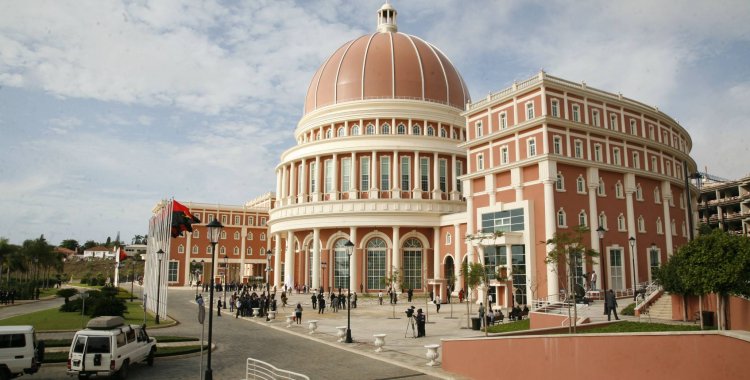The claim is described in a public petition presented this Monday to the press and has already been sent to the National Assembly with the knowledge of the President of the Republic, Superior Council of the Judiciary (CSMJ) and the Ombudsman.
According to Olívio Quilumbo, one of the more than 1735 subscribers to the document, the petition contains proposals relating to the "alteration and improvement" of the electoral law under discussion by the specialized commissions of the National Assembly.
In light of the principles and guidelines of the Southern African Development Community (SADC), "governing democratic elections", the underwriters note, electoral processes are conducted in accordance with the rules and norms established by an "impartial election management body". , nonpartisan, professional and competent".
To "create and strengthen" "accountable independent and impartial" national electoral bodies, the signatories of the public petition recommend that the composition of the electoral management body "should be representative of society and must include at least 30 percent women " as the dictates of SADC.
"The appointment of independent individuals, known for their integrity within society, must be considered," said Olívio Quilumbo, who presented the petition at a press conference in Luanda.
The need for "at least" one of the members of the National Electoral Commission (CNE) to be a judicial magistrate and for part of the members of that body to "work full-time", to ensure organizational continuity, are also recommendations from civil society.
The procedures for the appointment and dismissal (of CNE members) "must be clearly articulated and the process must be conducted in a partial, accountable and transparent manner" defend the underwriters.
In the view of civil society, the electoral management body, "instead of being subordinate to a ministry, must report to the National Assembly" through one of its commissions, and must annually present the activity report to this body.
"We ask for the inclusion of citizenship in the organs related to the electoral process, thus reducing the excessive partycratic pressure of the Angolan State, so that there is no implication that there is political bad will on the part of the current government to deliberately act outside the fulfillment of the rectors electoral processes in the region", they ask.
Through this petition, the signatories also intend to "adjust the Angolan law to the governing documents of the SADC and the practicality of complying with its dictates, that is, scrupulous compliance wherever it only needs it".
A president of the CNE, "neutral and not necessarily a magistrate", that "50 percent of the members of this body are nominated by civil society" through a competition guided by a reputable institution, are other recommendations contained in the petition.
They also defend, on the scrutiny of the tables in daylight, that the tabulation of results "be hierarchical, starting gradually in the municipal, provincial and finally in the national zone" and the right to information in real time, as well as the presence of communication Social.
Last week, the parliament unanimously and generally approved two bills to amend the Organic Law on General Elections, legislative initiatives by the MPLA (Popular Movement for the Liberation of Angola, in power) and UNITA (National Union for Total Independence) parties Angola, greater in opposition).
Both bills began to be discussed this Monday by the parliament's specialty commissions.
Olívio Quilumbo, also a political scientist, also augured that the Angolan authorities, especially the MPLA, would accept the petition "with a view to making the country move along the paths of peace and people's development" and not theories around a "fictitious growth" .







